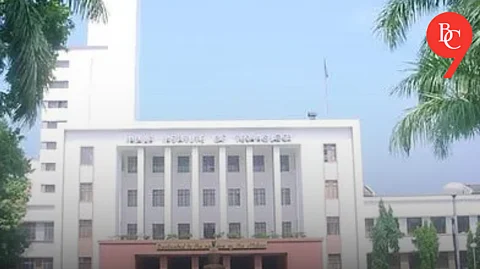

IIT Kharagpur has announced the formation of student-led task forces at the wing level of every hostel. This move, unprecedented within the IIT network, is designed to foster vigilance, enhance communication, and prevent further adverse events within the campus.
The Indian Institute of Technology Kharagpur often lauded for its academic excellence has recently faced a troubling wave of student deaths in hostels, with four suicides within a seven-month span. These incidents have raised concerns about mental health challenges, academic pressure, and student isolation. The tragic passing of students like Ritam Mondal in July 2025, and others earlier in the year, has intensified calls for deeper systemic reforms and better student support structures.
The primary intent of the newly established task forces is to ensure that every hostel wing is actively monitored by its own members. Each task force will:
Comprise student volunteers from each hostel wing.
Be responsible for observing and reporting behavioral changes among peers.
Serve as a first point of contact for students needing help.
Liaise with hall councils, counselors, and institute authorities for early intervention.
By empowering students themselves to look out for one another, the administration aims to cultivate a community marked by trust, openness, and rapid response to signs of distress.
The formation of hostel-level task forces has been broadly welcomed by both students and faculty. Many see it as an urgent and necessary step to bridge gaps between formal support channels and everyday student life.
Beyond the task force initiative, IIT Kharagpur continues to assess and overhaul its campus welfare strategy. The administration is considering reforms to academic policies, such as easing attendance requirements for students facing personal problems, and introducing more empathetic communication protocols among faculty.
IIT Kharagpur’s move to establish student-led hostel wing task forces reflects a clear commitment to student well-being, campus safety, and community empowerment. With administrative reforms, peer support, and mental health initiatives operating together, the institute is working to safeguard its students and prevent further tragedies in the years to come.
